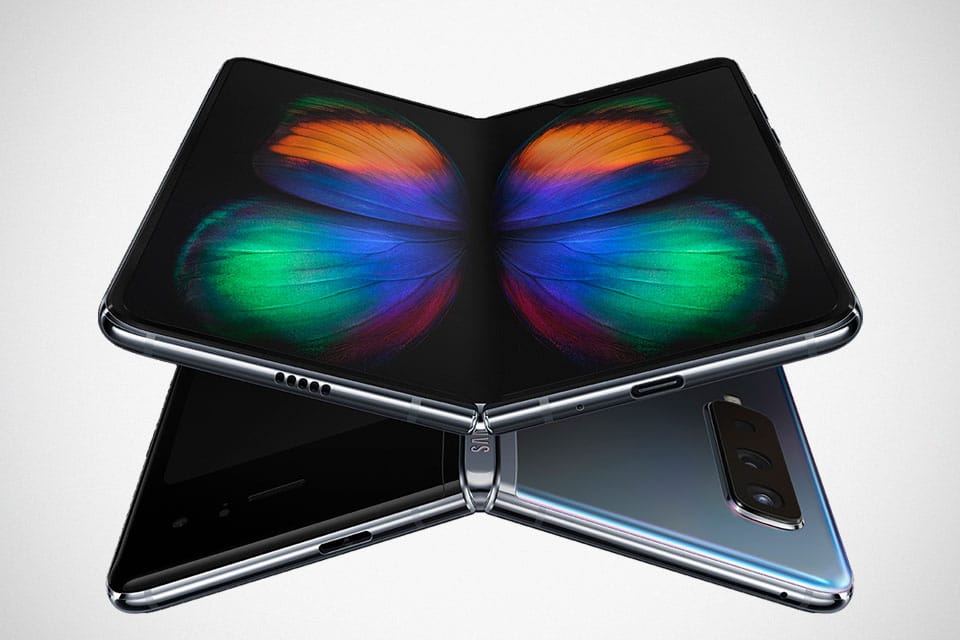Samsung has announced the development of a novel blood glucose monitoring technology, a move that positions the company to make significant inroads into the wearable health tech market. The new system is designed to be integrated into Samsung’s range of wearable devices, potentially offering users a convenient and non-invasive way to track their blood glucose levels. Unlike traditional methods, which require a blood sample, this new technology aims to provide readings through the skin, thereby eliminating the need for needles and strips. This technology is being developed at a time when there is a growing global interest in personal health monitoring solutions. The convenience and ease of use of non-invasive monitoring are highly desirable for individuals with diabetes and other conditions that require regular monitoring of glucose levels. This announcement positions Samsung as a major player in a field that is currently seeing considerable competition and rapid innovation. The precise details of the technology have not been released by the company, but it is understood to use advanced optical sensing techniques to measure glucose levels. While details remain scarce, the suggestion is that it may rely on a light-based system that measures the light reflected off the skin to calculate blood glucose levels. The accuracy of the measurements and their suitability for medical diagnostics have yet to be independently verified. There will also be a period of rigorous testing and validation to ensure the reliability of the results. The system’s ease of use will also be an important factor for users considering its convenience over traditional testing methods. The system may require specific calibration and will depend on the wearer’s skin type and medical conditions. While the company has not yet announced a specific release date for the integration of the system, it is expected that the technology will undergo testing and regulatory approval processes prior to release. Industry experts have suggested that this technology could potentially change the landscape of personal health monitoring, by allowing individuals with diabetes or at risk of developing the condition to manage their conditions more effectively. This has the potential to improve management of conditions through regular monitoring and provide patients with a better overview of their health. This is anticipated to have broader implications as well for health services, leading to a shift towards preventative medicine and more effective management of chronic conditions. Samsung’s development of this new blood glucose monitoring system highlights a continuing trend in the technological advancement of health monitoring, placing increasing emphasis on wearable technology and its applications to health management. This is likely to be a highly competitive market as various companies invest in and develop technologies for personal health monitoring. Competition may drive rapid technological improvements, as companies attempt to improve accuracy and ease of use. It will remain to be seen if this will lead to a decrease in prices for the wearable monitoring devices which are currently very expensive. The long term effects on the consumer will be very interesting to follow, as more and more companies attempt to create non-invasive monitoring solutions that can benefit consumers.
Samsung Develops Novel Blood Glucose Monitoring Technology



